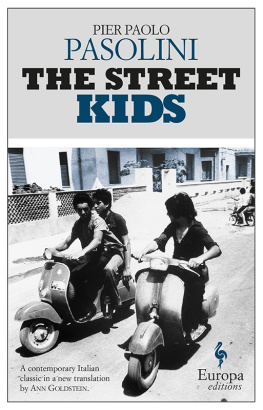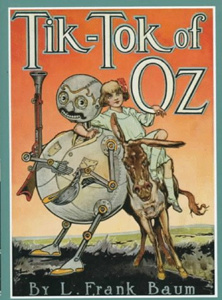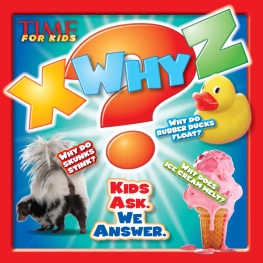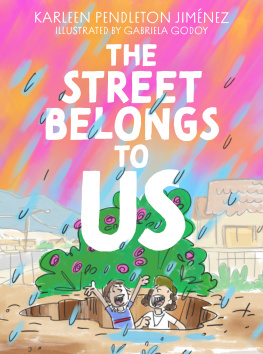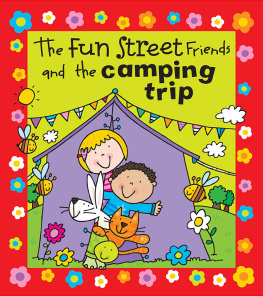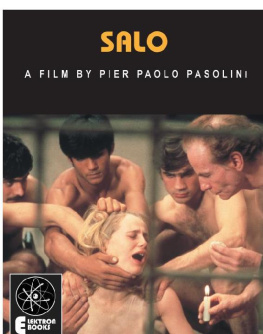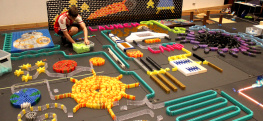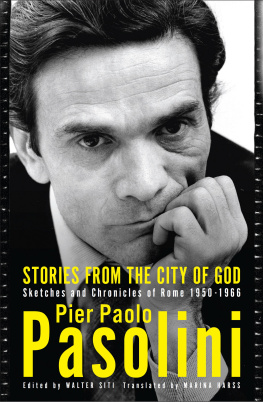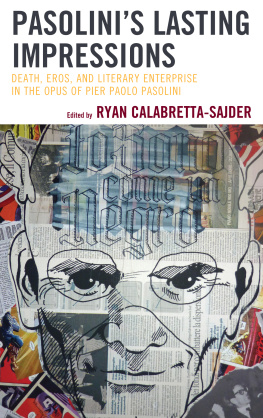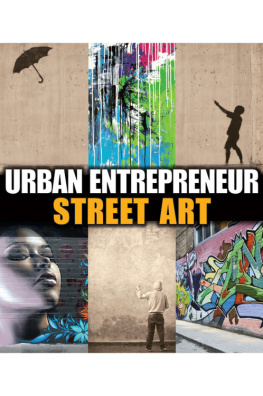1.
F ERROBED
And behind the Mazzini monument...
P OPULAR SONG
I t was a very hot July day. Riccetto, who was supposed to take his first Communion and be confirmed, had gotten up at five; but, heading down Via Donna Olimpia in his long gray pants and white shirt, he looked more like a guy going out in his Sunday best to pick up girls along the Tiber than like a communicant or a soldier of Jesus. With a group of boys like him, all in white shirts, he arrived at the church of Divine Providence, where at nine Don Pizzuto gave him communion and at eleven the Bishop confirmed him. But Riccetto was in a big hurry to get out of there: from Monteverde down to the Trastevere station it was a single solid sound of cars, of horns honking and engines laboring up the hills and around the bends, filling with a deafening roar the outskirts of Rome, already burning in the early-morning sun. As soon as the Bishops short sermon was over, Don Pizzuto and two or three young seminary students led the boys into the courtyard of the recreation center to have their pictures taken: the Bishop walked among them blessing the boys families, who knelt as he passed by. Riccetto felt a gnawing inside, right in his middle, and decided to skip out on them all: he left through the empty church, but at the door he ran into his godfather, who said: Hey, where you going? Home, said Riccetto. Im hungry. Youre coming to my house, you bastard, his godfather shouted after him, theres the lunch. But Riccetto paid no attention and ran off over the sunbaked asphalt. All Rome was a roar: only up on the hill was there silence, but it was charged like a mine. Riccetto went to change.
Its a short distance from Monteverde Vecchio to the Grenadiers barracks: you just pass the Prato and cut between the apartments under construction on Viale dei Quattro Venti: avalanches of garbage, buildings not yet finished and already collapsing, big muddy excavations, trash-littered slopes. Via Abate Ugone was nearby. The crowd coming down from the quiet paved streets of Monteverde Vecchio was headed in the direction of the Grattacieli: the trucks, too, were already visible, endless columns, along with jeeps, motorcycles, tanks. Riccetto joined the herd thronging toward the warehouses.
Ferrobed, down below, was like an immense courtyard, a fenced pasture set in a hollow, the size of a town square or a cattle market. There were gates all along the edge of the rectangular enclosure: on one side were ordinary small wooden sheds, on the other the warehouses. With that herd of people, all shouting, Riccetto traversed the length of Ferrobed and arrived at one of the sheds. But there were four Germans who wouldnt let anyone pass. Next to the shed door was a small overturned table: Riccetto loaded it onto his back and ran toward the exit. Just outside he met a kid who said: Whatre you doing? Taking it home, Riccetto answered. Come with me, stupid, lets go get the good stuff.
Im coming, Riccetto said. He dropped the table and someone passing by took it.
With the kid he went back into Ferrobed and pushed his way into the warehouses: there they grabbed some coils of rope. Then the kid said: Come over here and get the nails. So between rope, nails, and other things, Riccetto made five trips back and forth to Donna Olimpia. The midafternoon sun was hot enough to crack the stones, but Ferrobed was still full of people vying with the trucks that sped along toward Trastevere, Porta Portese, the Mattatoio, San Paolo, deafening in the burning-hot air. Coming back from the fifth trip, Riccetto and the boy saw a horse and cart near the wall, between two sheds and they went over to see if they could pull a fast one. In the meantime, Riccetto had discovered a cache of weapons in one of the sheds and had slung a machine gun over his shoulder and stuck two pistols in his belt. Like that, armed to the teeth, he mounted the horse.
But a German came and chased them out.
While Riccetto was trekking with his coils of rope up and down between Donna Olimpia and the warehouses, Marcello was up at the church of the Good Shepherd with the other boys. The pool was swarming with kids swimming, splashing. Others were playing ball in the dirty fields around the pool.
Agnolo asked: Wheres Riccetto?
He went to take Communion, Marcello shouted.
Damn! said Agnolo.
He must be at lunch at his godfathers now, Marcello added.
Up at the pool of the Good Shepherd no one knew anything yet. The sun beat down silently on the Madonna del Riposo, Casaletto, and, behind it, Primavalle. When the boys came back from swimming they passed through the Prato, where there was a German camp.
They stood watching, but a motorcycle with a sidecar came by and the German in the sidecar shouted at the boys: Rausch, infected area. Nearby was the military hospital. What do we care? Marcello shouted; meanwhile the motorcycle had slowed down, and the German jumped out of the sidecar and gave Marcello a punch that knocked him sideways. His mouth swollen, he turned like a snake and, fleeing down the hillside with his friends, blew the German a raspberry: laughing and shouting as they made their escape, they reached the barracks. There they ran into some other friends. So what are you up to? said the others, who were grubby and unkempt.
Why? asked Agnolo, Whats there to do? Go to Ferrobed, if you want to see something. They rushed off and, arriving, immediately headed amid the din toward the machine shop. Lets take apart the engine, shouted Agnolo. But Marcello left the machine shop and found himself alone in the uproar, right by the tar pit. He almost fell in, and would have drowned like an Indian in quicksand, when he was stopped by a shout: Hey Marc, look out, hey Marc! It was that bastard Riccetto with some friends. So he joined them. They went into a warehouse and looted cans of fat, drive belts, and scrap iron. Marcello carried home a hundred pounds of stuff and threw it in a small courtyard, where his mother wouldnt see it right away. He hadnt been home since morning: his mother thrashed him. Whered you go, you worthless brat, she scolded, hitting him. Swimming, said Marcello, who was slightly twisted and thin as a cricket, trying to protect himself. Then his older brother came and saw the stuff in the courtyard. Dope, he shouted, he stole it, the bastard. So Marcello went back to Ferrobed with his brother, and this time they lifted automobile tires off a freight car. Night was already falling and the sun was hotter than ever: Ferrobed was more densely packed than a fair, and you couldnt move. Every so often someone yelled, Run, run, the Germans are here, so that the others would flee and they could steal everything themselves.
The next day Riccetto and Marcello, who had gotten a taste for it, went down together to the Caciara, the big market, but it was closed. A large crowd of people was wandering around, along with some Germans, who walked back and forth shooting into the air. But it was mainly the APAI, the Italian military police, who were blocking the entrance and being real pains in the ass, not the Germans. But the crowd kept growing, pressing against the gates, arguing, shouting, cursing. The assault began, and even the scumbag Italians gave in. The streets around the market had been black with people, the market empty as a cemetery, under a pounding sun: instantly, as soon as the gates opened, it filled up.
At the market there was nothing, not even a cabbage stalk. The crowd began to move through the warehouses, under the shed roofs, into the stores, because it wouldnt stand for coming away empty-handed. Finally a group of kids discovered a cellar that seemed to be stocked: through the bars you could see piles of tires and bicycle tires, oilcloths, tarpaulins, and, on the shelves, whole cheeses. The news spread immediately: five or six hundred people hurtled after the first group. They broke down the door and charged in, crushing each other. Riccetto and Marcello were in the middle. They were swallowed up by the suck of the crowd and, their feet barely touching the ground, carried through the door. They went down a spiral staircase: the crowd was pushing from behind, and some of the women, half suffocated, were shouting. The staircase was overflowing with people. A thin iron banister gave way and broke, and a woman fell, screaming, and hit her head against a step at the bottom. Those who were outside continued to push. Shes dead, a man down in the cellar cried. Shes dead, some women began yelling, terrified; it was impossible to get in or get out. Marcello kept going down the stairs. At the bottom he jumped over the body, rushed into the cellar, and filled a bag with tires; so did some other kids, who were taking everything they could. Riccetto had disappeared, maybe he had made it outside. The crowd had dispersed. Marcello jumped over the dead woman again and ran home.

